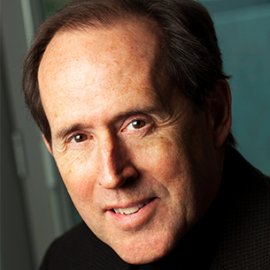Law, University of Toronto, Canada
Director's guest

Research project : "Is Labour Law Possible?"
"Labour law is made possible by, and depends upon, a self-constituting narrative which describes its empirical domain, identifies its conceptual building blocks, and provides a normative account of its significance. Labour Law’s long dominant narrative is well known to be under siege. Many scholars have documented the demise of its empirical/conceptual underpinnings - the decline of the standard model of employment, and so on. But few have identified, let alone taken on, the other task at hand - that of understanding the traditional accounts normative structure and wondering whether a new normative account exists or can be called into being. This research project exposes and explores this normative vein. It draws on the work of Amartya Sen, and his account of the concept of "human freedom" as a source of inspiration. The aim is to identify and explicate labour law’s already implicit new account of itself. This entails, among other things, a reconsideration of whether labour law can be "visited" upon the world, particularly the "developing world" by, for example, the ILO."
Biographical elements:
Brian Langille is Professor of Law in the Faculty of Law at the University of Toronto. Professor Langille also holds appointments in the Centre for International Relations and the Centre for Industrial Relations, and is a Fellow of the Centre for Ethics, all at the University of Toronto. A former Associate Dean of Graduate Studies as well as Interim and Acting Dean of the Law Faculty, Professor Langille has also served as a Governor of University of Toronto. Professor Langille studied philosophy at Acadia University and law at Dalhousie and Oxford Universities. Prior to his appointment at Toronto he was a Professor at Dalhousie Law School. Recently he has been a Visiting Fellow at the International Institute for Labour Studies (ILO, Geneva), the Graduate Institute for International Studies of the University of Geneva, the European University Institute in Florence, the Centre for Transnational Legal Studies in London, Dalhousie Law School in Halifax, and at the Law Faculty of the Universitat Pompeu Fabra, Barcelona.